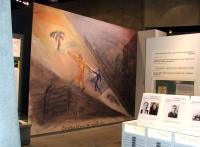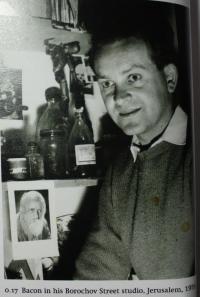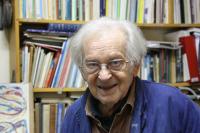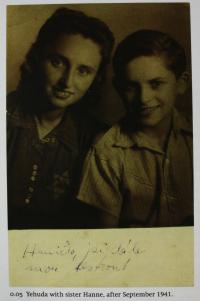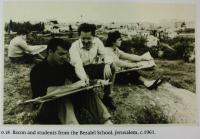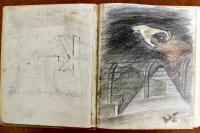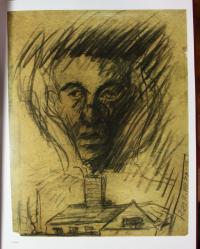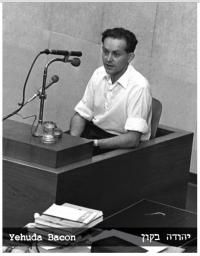Thank God, I could cry again. I was a human being again.
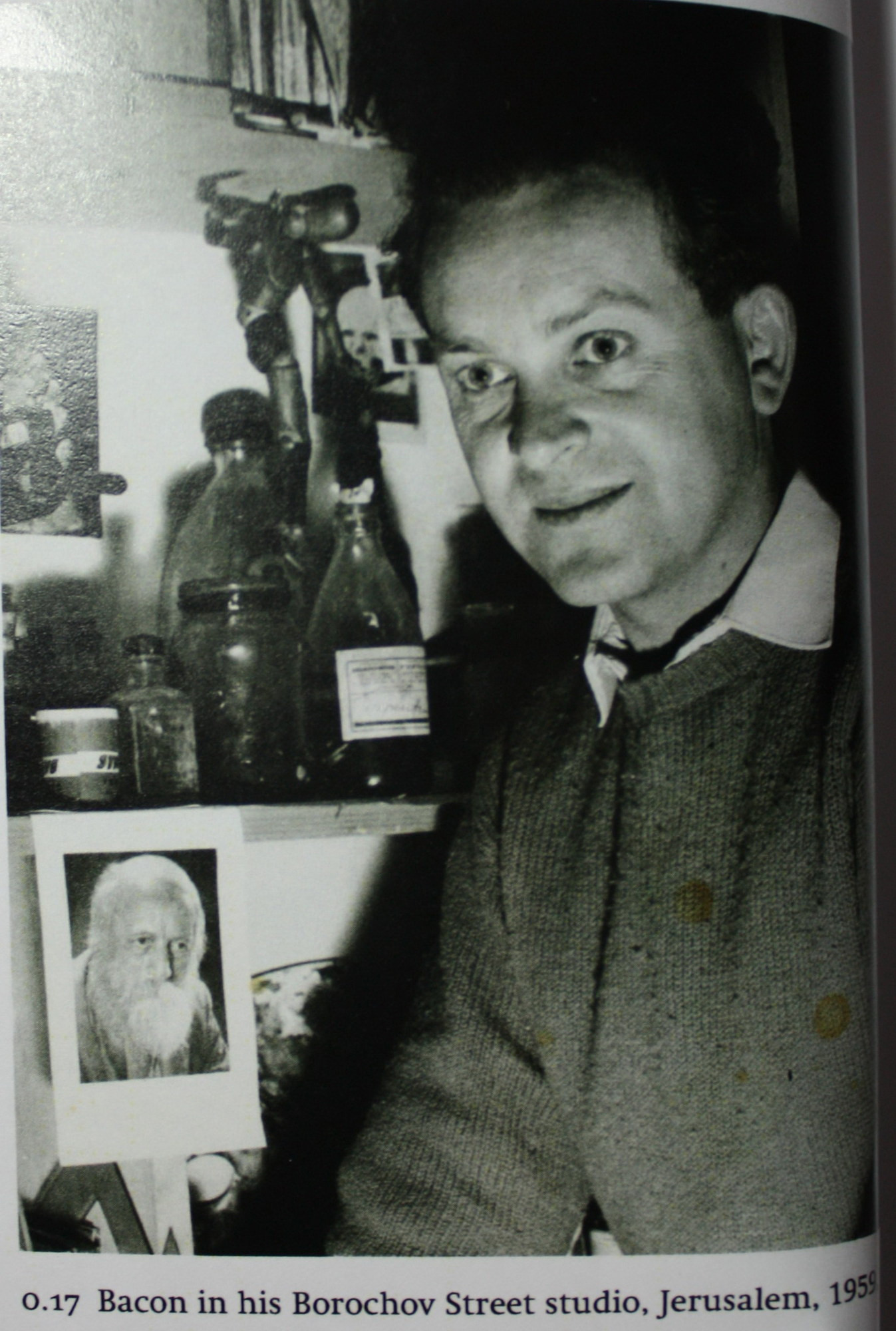
Download image
Israeli painter, graphic artist and professor at the prestigious Bezalel Art Academy in Jerusalem Yehuda Bacon was born in 1929 in Ostrava and come from a family influenced by the Jewish orthodoxy. In the fall of 1942, he was deported to the Theresienstadt ghetto and in December 1943, he was deported to the extermination camp Auschwitz II-Birkenau. Until July 1944, he lived in the so-called Theresienstadt family camp as one of the “Birkenau Boys”, he managed to survive the dismantling of the camp. In January 1945, he took part in the death march to Gunskirchen, an ancillary camp of the concentration camp Mauthausen-Gusen. After the war he lived in the Štiřín castle, in a sanatorium established by Přemysl Pitter. In the spring of 1946, he moved to Palestine. In Israel, he studied at the Bezalel Art Academy in Jerusalem where he later also taught. He’s known as a painter and a graphic artist. His works are present in the collections of museums and galleries in a number of different countries around the world. In 2011, his works were exhibited at the Czech Centre in Prague. He lives and works in Jerusalem.
